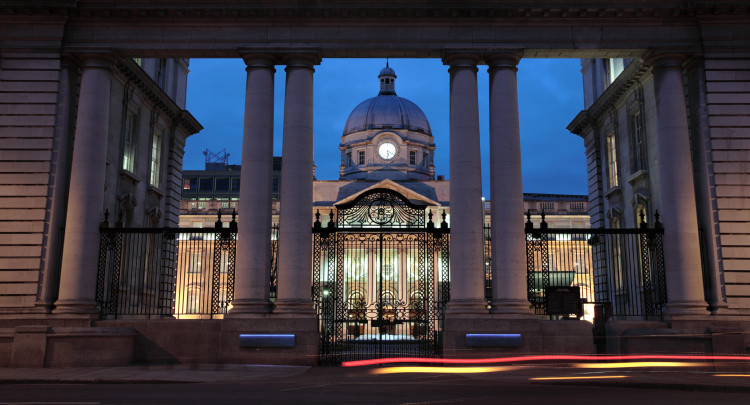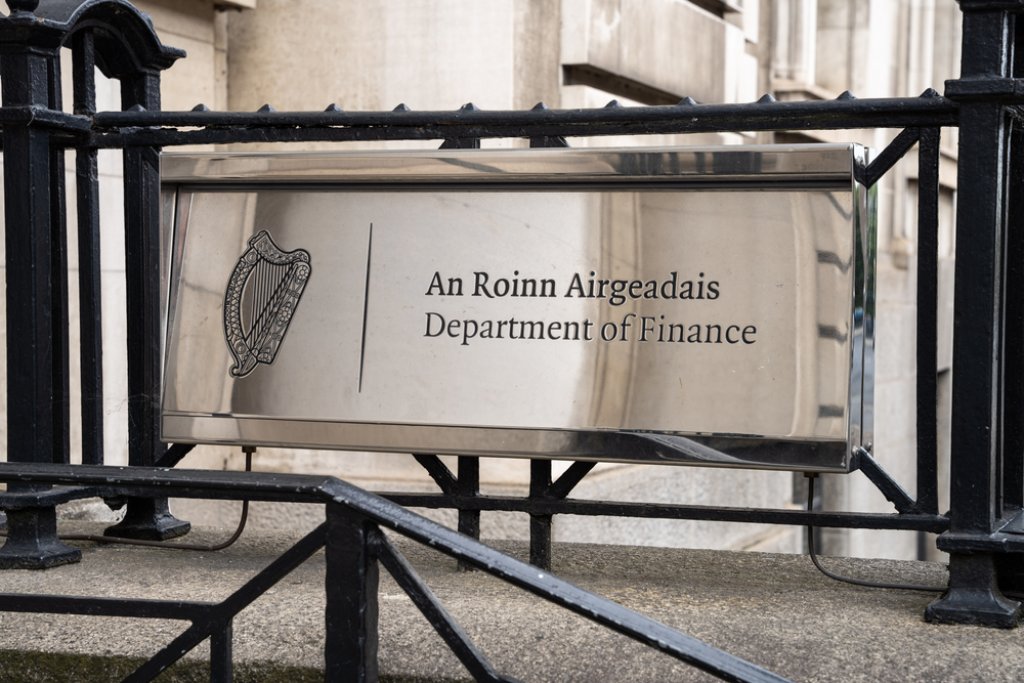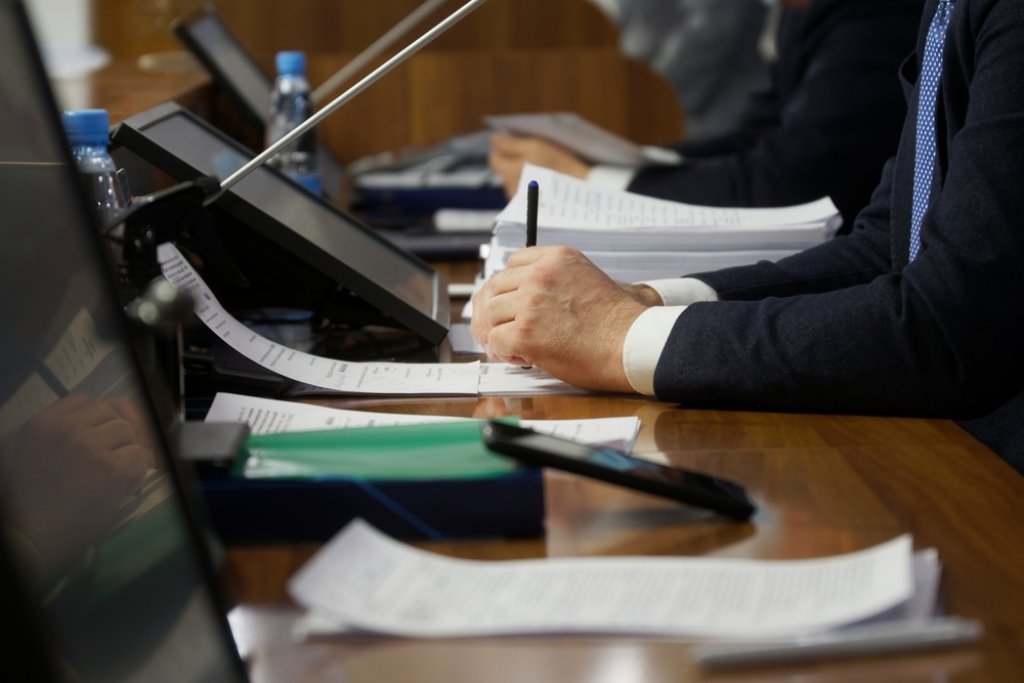Comparing the health policy in Budget 2024 and Sinn Féin’s 2024 alternative health budget.
On Tuesday, Ireland’s Minister for Finance and Minister for Public Expenditure set out their proposals for Budget 2024, the fourth budget of the Fianna Fáil, Fine Gael and Green Party coalition.
In what could be the last budget of this government, there was real opportunity to deliver meaningful and lasting impact for Ireland’s health service, particularly in the context of the highly anticipated National Rare Disease Plan and investment for new medicines.
Instead, opposition TDs and medical representative groups have called Tuesday’s announcements a ‘missed opportunity’. While an additional €800 million in core funding will be provided to the health service in 2024, it’s important to note that the current rate of inflation means that preserving the existing level of services will be more expensive next year than it is this year, and so in real terms, this increase in budget is unlikely to provide for any new measures.
Pre-budget negotiations had already hinted that there would be limited room for new health measures in this year’s health budget to account for significant projected budgetary overruns in the Department of Health. Confirming this, Minister Donohoe announced €100m for new measures, a substantial decrease from the €250m announced for new measures last year. Minister for Health, Stephen Donnelly confirmed that high rates of inflation and increased patient demand means the focus of next year’s budget will focus on maintaining services, driving down waiting lists and stabilising emergency services.
On new medicines, there will be no dedicated budget for new therapies in 2024. Ireland already falls behind most of its European counterparts in terms of accessibility to approved medicines, and representative bodies have expressed disappointment that the Government has not provided any measures to address growing unmet medical needs and improve health outcomes for people in Ireland.
Budget 2024 lies in stark contrast with proposals set out by Sinn Féin in their €1.3 billion 2024 alternative health budget. Sinn Féin is currently the most popular political party in Ireland (latest opinion polls showing support at 34%), and is on course to be the largest party in the next Dáil following a general election that is likely to be called next year.
Here’s what Sinn Féin spokesperson on Health, Deputy David Cullinane would do differently:
To maintain existing levels of service:
Sinn Féin would allocate an additional €500m.
On new measures:
€1.3 billion to deliver:
1,800 additional hospital beds over three years, expand theatre and diagnostic capacity, deliver more home care, and expand training places for healthcare professionals.
Significant savings of €100m in 2024 on agency spending, consultancy, legal fees, and general outsourcing.
Expansion of the medical card to over 400,000 additional people.
From July 2024, a major reduction in the cost of medicines to help families with the cost of living by reducing the maximum monthly drugs payment to €50 from €80.
€155 million on disability services; €98 million on home support and care for older people.
€170 million across a range of strategies to improve healthcare outcomes across cancer, women’s health, cardiovascular health, and more.
On rare disease and medicines reimbursement:
Sinn Féin proposes to review approval, pricing, and reimbursement arrangements for orphan medicines.
Ensure cost-effective and efficient management and supply of medicines through maximal use of generics and by encouraging the strategic development of domestic supply of certain products.
Sinn Féin insists this year’s budgetary squeeze means the department will not have enough funding to maintain existing health services and will incur a deficit again next year. The chief executive of the HSE has also acknowledged that up to €2.5 billion extra is required to maintain an existing level of service next year.
With new measures being mandated in the health service next year to control spending, the political pressure is on for the Minister for Health to avoid any increases in care backlogs and delays, let alone deliver on promises to drive down waiting lists and stabilise urgent and emergency services. The opposition parties may have discovered the chink in the government’s armour.








